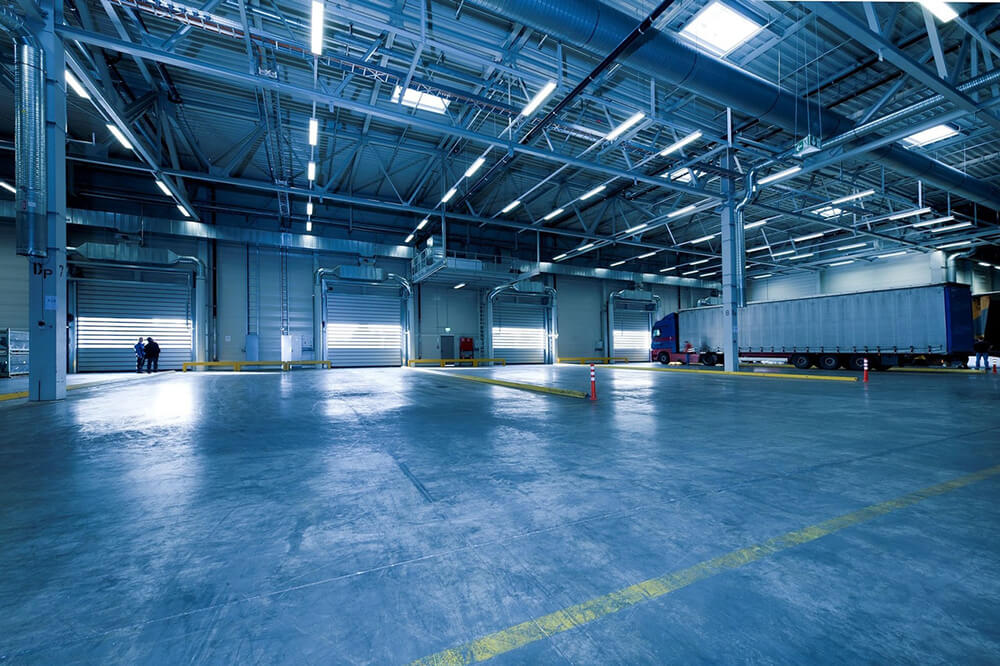Can Improper Loading Techniques Cause a Trucking Accident?

Truck drivers deliver a wide variety of goods and services. Because of the variation, it’s crucial for the trucks to be loaded properly. When improper techniques are used, truck accidents are a real possibility. Trucking companies and truckers should be aware of the federal laws regarding loading. It’s also important to understand the type of truck that needs to be used for the service or product that’s being hauled. When the laws aren’t abided by and incorrect loading techniques are used, other travelers can end up seriously injured or worse.
FMCSA Loading Laws
Because commercial vehicles haul so many different products and services all over the country on a daily basis, the Federal Motor Carrier Safety Administration (FMCSA) developed rules and regulations on cargo securement. These rules should be used by all truckers and trucking companies to ensure cargo is loaded and secured properly.
According to the FMSCA loading laws, truckers must abide by the following:
- Cargo must be firmly secured on a vehicle that is equipped to hold it. Dunnage, dunnage bags, tiedowns, and shoring bars should be used when necessary.
- Cargo that is likely to roll must be restrained with cradles, chocks, or wedges.
- If the cargo extends beyond the width of the vehicle or past the end by four inches, colored lights must be attached to the load to indicate the overhang to other drivers.
- There are minimum requirements for tiedown restraints in order to ensure the restraints will hold.
- Special purpose vehicles, like those that carry heavy machinery, concrete or steel beans, or crane booms, are required to abide by special requirements.
- There are specific secure requirements for trucks that haul commodity-specific cargo like logs, mental coils, automobiles, and concrete pipe.
The Different Types of Truck Loads
Different trucks are used to haul different products and services. It’s important for trucking companies to ensure they assign cargo to the type of truck that can haul it. The following are the most common types of truck loads:
- Flatbed Trucks. These vehicles do not have an enclosed trailer. Instead, a long deck is attached to the back of the cab. Large, bulky items can be lowered onto a flatbed by crane or lifted by a forklift.
- Step Deck Trucks. Similar to a flatbed truck, the trailers on these vehicles are open. The difference, however, is that the deck of the trailer is lower to the road. This allows for a lower center of gravity so taller loads can be hauled.
- Tanker Trucks. These cylinder-shaped trucks carry fuel and other liquids. Powerful hoses fill and empty them. There are different types of trucks, like pressurized/nonpressurized or insulated/noninsulated, depending on the liquid that’s being hauled.
- Dry Van Trucks. These vehicles are the most common type of haulers. The standard length of a dry van trailer is 53 feet. Typically, wholesalers and retailers rely on these vehicles to keep their merchandise protected from inclement weather and road debris.
- Refrigerated Trucks. Also referred to as reefer trucks, these vehicles carry items that aren’t shelf-stable. Common items that are hauled in these trucks include frozen foods, fresh produce, insulin, and beverages.
- Auto Carriers. These trucks haul cars, trucks, and other vehicles. They use an open trailer system that allows for loading, stacking, and unloading.
- Dump Truck Trailers. These open-top trucks are typically used to haul garbage and landscaping materials.
Consequences of Improper Truck Loading Techniques
When improperly loaded cargo results in a truck that’s top heavy, unevenly balanced, or even too light, there are a number of accidents that could happen. Rollover, jackknife, and sideswipe crashes are common. It’s also possible that loose products could fall off the truck. This is especially dangerous on high-speed roadways.
Cargo Spills
When cargo is spilled, the type of spill is based on the cargo being hauled. The most common types of spills include:
- Material Spills. When a truck is hauling common items like televisions, nonperishable food, or mail, accidents can happen when the materials are not properly loaded. A dry van truck is likely to topple if the weight is not evenly balanced or if materials shifts from one side to the other.
- Heavy Equipment Cargo. When an auto carrier or flatbed truck is hauling vehicles or construction equipment improperly, the straps and harnesses could fail. If this was to happen on a major highway, a multi-car pile up could result.
- Toxic Spills. The worse cargo spills often involve tanker trucks. When a truck is hauling fuel or other toxic liquids improperly, a crash could expose the public to lethal gasses, deadly corrosives, or highly flammable products.
If you’ve been injured in a truck accident, you may be able to file a claim to hold the trucker or trucking company responsible for their negligence, especially if improper loading was the cause of the crash. We can investigate your accident and determine what went wrong and why. To learn more, contact us to schedule a free consultation today.








